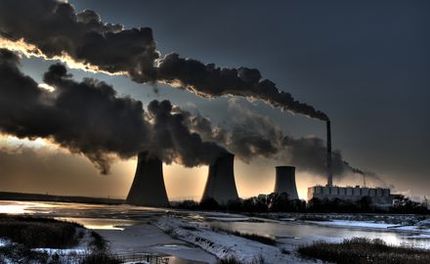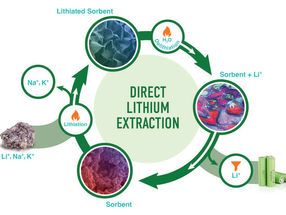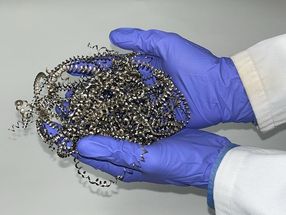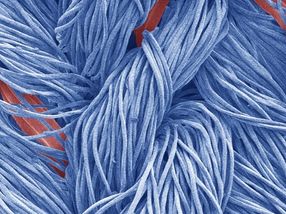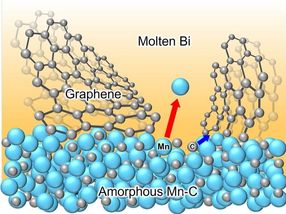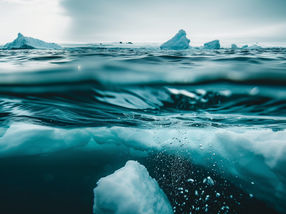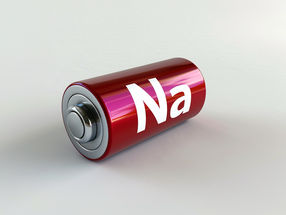Melting sea ice releases trapped pollutants
Scientists in Denmark have found evidence that melting sea ice is causing the re-emission of banned pesticides, presenting a further potential consequence of global warming.
Organochlorine pesticides (OCPs) have been banned or restricted in most countries because of their tendency to bioaccumulate to toxic concentrations in the food chain.
A process known as the ‘grasshopper effect’ leads to OCPs accumulating in cold Polar Regions via their repeated exchange between the atmosphere, soil and aqueous environments.
Previous research has shown that North East Greenland is burdened with pollution. Now, for the first time, Danish researchers have taken systematic measurements that show a correlation between atmospheric OCP concentrations at Station Nord in North East Greenland and temperature and levels of ice cover, over three years.
Carsten Skjøth , one of the scientists who worked on the research at Aarhus University, said: “The approach of a more dynamic estimation of emissions is today in general only used for a few species, mainly emissions in relation to nature. However, anthropogenic emissions can also be affected by climate change, directly or indirectly.”
Most read news
Original publication
Organizations
Other news from the department science

Get the chemical industry in your inbox
From now on, don't miss a thing: Our newsletter for the chemical industry, analytics, lab technology and process engineering brings you up to date every Tuesday and Thursday. The latest industry news, product highlights and innovations - compact and easy to understand in your inbox. Researched by us so you don't have to.
